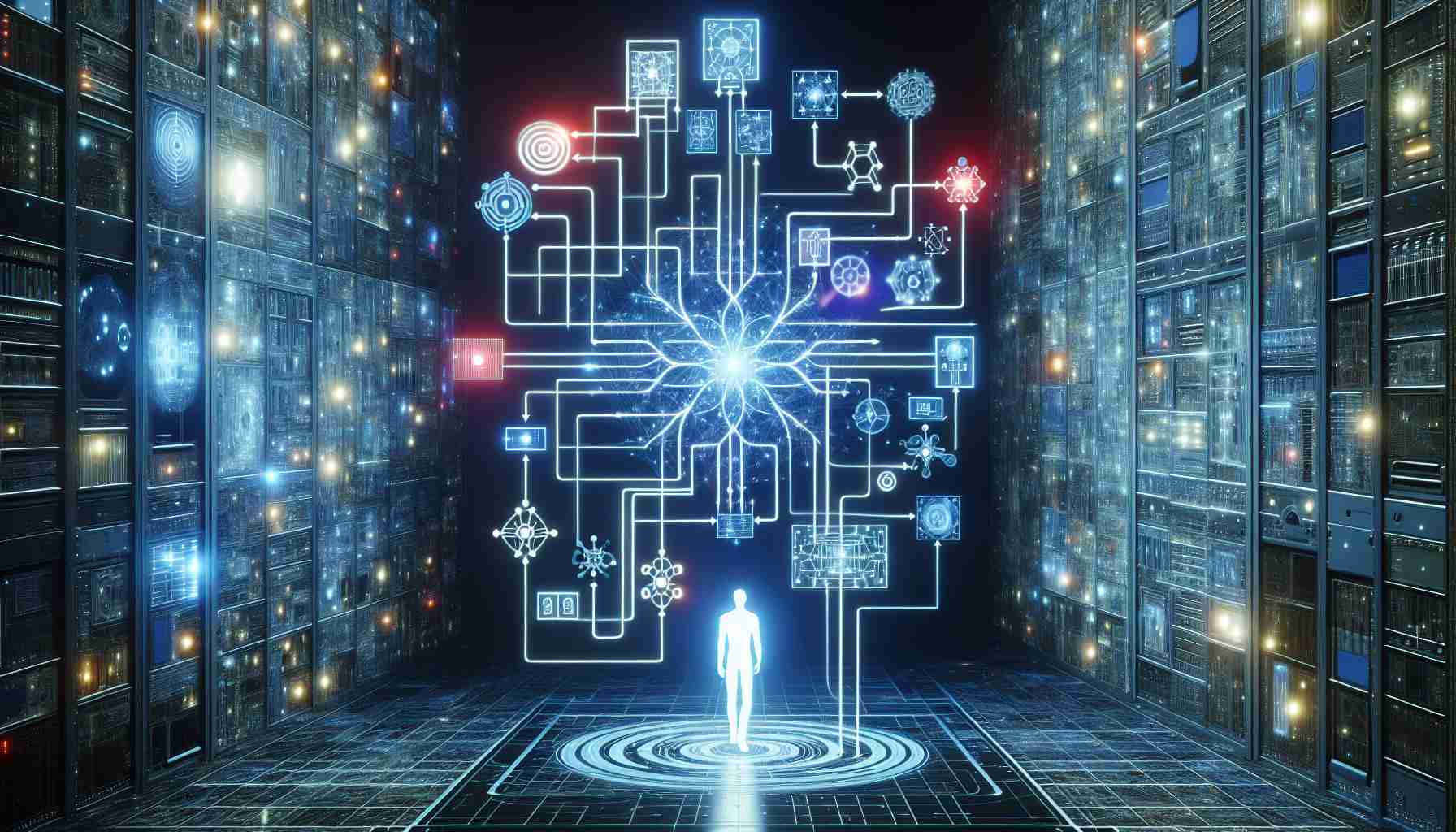The Expanding Reach of AI and Its Underestimated Hazard
Artificial Intelligence is emerging as a pervasive force in modern life, raising concerns that reach beyond the dramatic fears of rogue AI to more nuanced societal issues. AI bears risks to privacy, reflects human biases, and lacks transparency in its design—prompting intense debates about its merits and dangers.
Unseen Threats to Human Judgment
Deep within these debates lies an insidious threat to our cognitive discipline and decision-making capacity, a consequence of AI’s silent yet effective nature. The essence of making in-depth decisions involves understanding problems, seeking information that tests prior beliefs, considering multiple options critically, and delaying resolution for thorough thought. These steps are uncomplicated in theory, yet demanding in implementation and critical for robust choices.
The Consequence of AI-Assisted Decisions
AI simplifies complexity, often stripping away the context and reducing the need for personal introspection in decision-making. As a result, people have fewer opportunities to refine their judgment. In a world where biases are rampant and the allure of convenience is strong, the integration of AI in daily choices intensifies these human frailties. While AI thrives on data informed by our inherent biases and societal conformity, it also reinforces them, creating a feedback loop that hinders the development of independent critical thinking.
Decision Autonomy in a Technologically Advanced World
Although AI unquestionably benefits certain sectors such as cybersecurity, health care, and finance, not all daily decisions warrant such computational prowess. Despite the assistance we may already receive from AI in numerous aspects of life, its continual evolution threatens to overtake our agency in decision-making processes. To preserve the authentic experience and obligation of being human—exercising our intellect and making conscious choices—it is vital to be circumspect about the proliferation of AI in our lives, lest we relinquish the very essence that defines us.
Key Questions about Artificial Intelligence’s Impact on Decision-Making
1. How does the use of AI in decision-making affect human cognitive abilities?
2. In what ways might AI technology reinforce existing societal biases?
3. What are the challenges in maintaining transparency and ethics in AI design and implementation?
4. How can we balance the advantages of AI tools with the need for human decision autonomy?
Answers to the Raised Questions
1. AI’s Effect on Human Cognition:
The use of AI impacts human cognitive abilities by minimizing the intellectual effort traditionally required in decision-making processes. This can lead to the atrophy of critical thinking skills as individuals grow increasingly dependent on AI recommendations.
2. Reinforcement of Societal Biases:
AI algorithms often learn from historical data that may contain implicit human prejudices. If not carefully monitored and corrected, these AIs may perpetuate and even amplify biases in their decisions.
3. Challenges in Transparency and Ethics:
Maintaining AI transparency involves ensuring that the decision-making process of AI systems is understandable to humans. Ethics in AI requires implementing guidelines to prevent misuse, addressing privacy concerns, and ensuring fairness. The proprietary nature of algorithms and complexity can impede these efforts.
4. Balancing AI Advantages with Human Autonomy:
To retain human decision autonomy, it is important to establish boundaries for AI use, create interdisciplinary committees to govern AI implementation, and educate the public on AI’s role to ensure informed consent in its applications.
Challenges and Controversies
One challenge is developing AI that can be accountable and explainable, which is crucial for critical applications like healthcare and criminal justice. Controversy also arises from the use of AI in surveillance, where it impacts individual privacy rights. Additionally, there’s debate on the degree of automation that should be permitted in life-changing decisions, and who should be responsible when AI makes a mistake.
Advantages and Disadvantages of AI on Decision Making
Advantages:
– Improved efficiency and speed in data processing and decision-making tasks.
– The capability to detect patterns and make predictions beyond human ability.
– Potential reductions in human error in certain decision contexts, such as medical diagnostics.
Disadvantages:
– Over-reliance on AI could deteriorate human decision-making skills.
– AI systems may inadvertently encode and perpetuate societal biases.
– The “black box” nature of some AI systems makes it difficult to understand how decisions are made.
Suggested related links for further exploration are:
– Massachusetts Institute of Technology for advanced research insights on AI.
– American Civil Liberties Union for understanding the implications of AI on privacy and civil rights.
– Stanford University for academic publications on AI ethics and humanity.
It’s important to approach AI with a balanced perspective, recognizing both its transformative potential and its risks to society’s decision-making faculties.

